If you've been having trouble sleeping for a while, you've probably looked into different methods of getting the sleep you so desperately need. One of the trendy solutions to insomnia is melatonin, but its use is not without dangers. Let's see why and discover together the possible alternatives for better sleep quality.
What is melatonin

Melatonin is a hormone that your brain produces in response to darkness. It is made by the pineal gland, a pea-sized gland located just above the middle of your brain.
It helps your body know when it's time to sleep and wake up. Basically, it helps synchronize your internal clock (24-hour circadian rhythm) and therefore your sleep.
Normally, the body produces more melatonin at night. Levels usually start to rise in the evening, once the sun goes down. They drop in the morning when the sun rises.
If melatonin has a positive effect on sleep, then why not use it as a supplement?
Why be wary of melatonin supplements as a sleep medicine
Research suggests that melatonin plays other important roles in the body beyond sleep:
- Cardiovascular system
- Immune system
- Anti-cancer properties
- Bone density
- Gonadal function...
These effects are not fully understood.
So you have to be careful as taking supplements could have an impact on these functions in addition to your sleep.

Even if you focus on treating insomnia, it's very difficult to determine the correct dose. When you take melatonin supplements on a regular basis, the amount swallowed is the same each time whereas your body, when it is functioning naturally, secretes melatonin differently depending on the season. You risk creating even more important inbalances in the long term.
When you take melatonin supplements, you obviously change the total amount of melatonin in your body but you also change the rhythm at which your body receives melatonin over the course of the year and its usual 365 day rhythm.
What's pretty crazy is that this is one of the few cases where there's a hormone available without a prescription that's known to have powerful effects and we don't know everything about it.
Alternatives to melatonin for sleep problem
The basics: Restoring a natural balance in 10 steps
Good sleep often starts with good sleep practices and habits. Easy to say, I know, but by respecting these fundamental rules, you are putting in place the indispensable basis for a good night's sleep.

There are simple but fundamental things to put back in place in your life to find sleep on the long term. This is probably the most relevant solution that we can recommend to you and it is also probably the most difficult one because it requires two virtues that are not common: patience and the creation of a new habit.
1. Regularity
Always going to bed at the same time and waking up at the same time allows you to naturally "set" your body's rhythm. Of course it is not always possible but it is a good goal to have.
2. Temperature
Everyone has their own preference. Neither too hot nor too cold, it is a question of finding the ideal temperature of your room to reduce your time falling asleep and prevent waking up in the middle of the night. If you are really sensitive, we recommend 8sleep or a similar solution that integrates a temperature control directly into your mattress (a bit costly but so effective).
3. Darkness
Light has a huge impact on your ability to fall asleep and stay asleep. A very small variation (car headlights passing in the distance) is enough to generate a hormonal change (precisely at the level of melatonin secretion) that will wake you up. Opt for completely opaque shutters/curtains or a sleep mask. And no, it is not a good idea to keep your RGB lights on.
4. Sound continuity
Soundproofing your room is also essential. Everyone has different sensitivities, but it's best to avoid variations. Using a white noise machine can be particularly useful as it smoothes out background noise and allows your body to sleep more soundly.
5. Evening preparation
To train your brain to prepare for sleep, a good technique is to progressively reduce your exposure to strong light. To do this, you can opt for dimmed lighting (red/amber) but also equip yourself with anti blue light glasses or gaming glasses that will block the light waves responsible for waking you up (and allow you to naturally produce your melatonin).
Ideally, we recommend you to stop any screen activity 1 hour before going to bed because screens produce a lot of blue light which makes your brain think that it is still daytime and that it is not time to sleep ;) If you really have to look at a screen, use glasses with an ultra-powerful filter.
6. No inappropriate substances
A weird title that just means that you should avoid drinks that will impact your metabolism. We are talking about coffee (or other caffeinated/energy drinks like Red Bull) and alcohol which last much longer than you might think. Do the test over 2 weeks, effect guaranteed.
It goes without saying that in order to get back to sleep, you have to avoid stimulants.
7. Early and light Meals
You have to eat like a chicken, as my grandmother would say. That is, early enough for your body to have time to digest the food before you go to bed. If you go to bed and you're still digesting, your body will work hard and you'll have a harder time falling asleep. The ideal time? At least 3 hours before you go to bed.
And you should also watch what you eat. For example, if you eat a big plate of pasta on a regular basis before going to bed, you may fall asleep easily but your blood sugar level will change drastically once the pasta is digested and this fluctuation could wake you up as a result of the blood glucose spike. Just a small example but it is better to prefer light meals at night.
8. Adapted clothing
A simple but very effective tip. Find the outfit in which you will be the most comfortable. A light and not too tight outfit will be perfect for good blood flow and a good regulation of your temperature. Some people even recommend sleeping with nothing on. Take your pick.
9. Waking up at night
If you wake up during the night to relieve yourself, it's perfectly normal. However, avoid turning on the light at all costs. Any bright light will lower your melatonin levels and prevent you from falling back to sleep. It is best to use an amber/red night light or to at least wear blue light glasses while heading to the bathroom.
10. Tracking
Finally, the best way to improve your sleep is to monitor it closely to see what changes you make do work for you. "What gets measured gets managed" as the famous expression goes. In the Horus X team we use the Oura Ring or some connected watches like Xiaomi and it helped us a lot to see the impact of some elements on our sleep (for example for me, after 2 beers, it's the guarantee of a disturbed night with an increase of body temperature, an increase of heart rate and breathing rate, lower quality of REM sleep...impressive!)
Some alternatives to melatonin
Natural sleep aid alternative : Herbal teas

Before modern medicine, our ancestors used plants to treat themselves. This knowledge has sometimes been lost and it's a reals hame because some plants have real potent benefits for sleep. The Horus X top 5 (secret herbal remedies of our grandmothers from France) :
- Chamomile
- Lavender
- Lemon balm
- Linden
- Lavender
Simply infuse those dried herbs into hot water and enjoy the benefits on your sleep.
Without going into detail, by choosing this small relaxing ritual before going to sleep you choose a real natural solution to find sleep without risk.
Other Alternatives (check with your doc)
Magnesium supplement
Magnesium can be a good sleep aid. It plays an important role in your nervous system, helping to activate the mechanisms that calm and soothe you. It can also help relieve anxiety and depression, which can disrupt sleep. Currently, the only research showing that these supplements improve sleep has been conducted in older adults, so it's unclear how they affect other populations.
If you want to try magnesium for sleep, start by increasing your intake of whole foods.
Glycine supplement
Research has shown that the amino acid glycine, taken before bedtime, helps the body achieve deep sleep more quickly. It also helps to increase the surface temperature of the feet and reduce core body temperature. People wake up refreshed, without the drowsiness that some sleep remedies can cause.
Glycine is produced naturally by the body and found in many healthy foods, including fish, meat and beans. But getting an adequate amount is not easy. Some companies have developed glycine supplements to help people sleep better.
Further study is needed to better understand the relationship between amino acids and sleep.
L-Tryptophan supplement
L-Tryptophan is the precursor of hormones such as serotonin, the happiness hormone, and melatonin, the sleep hormone. In addition, L-tryptophan is used by the body in the production of neurotransmitters and kynurenine (metabolite)which acts as an antioxidant and protects nerve cells. L-Tryptophan is also the precursor of vitamin B3, which is essential for the production of energy in the metabolism.
Studies have shown that tryptophan supplements promote healthy sleep by increasing melatonin production. In addition, it plays an important role in the treatment of seasonal depression, as well as in the reduction of withdrawal syndromes related to smoking cessation.
L-theanine
L-Theanine is naturally contained in green tea and other drinks/foods. It boosts the volume of alpha waves, electrical impulses that gradually lead to a state of relaxation and letting go, thus dissipating stress. This increase in alpha waves occurs about 30 minutes after taking the drug, without causing drowsiness.
In the hour following the ingestion of L-theanine, stress falls in anxious people. This calming effect is felt for 8 hours with a peak observed after 5 hours. This long-lasting relaxing effect minimizes the stress experienced throughout the day. The sensation felt can be similar to that of meditation sessions and self-centering. It increases the volume of serotonin, dopamine and GABA. The intensification of these neurotransmitters enhances the feeling of well-being and calmness to combat stress.
In 2012, Japanese scientists investigated the effects of L-theanine: supplementation significantly reduced the increase in blood pressure in response to stressful stimuli. L theanine seems to be another good sleep aid.
Melatonin Alternative: Final thoughts to improve sleep quality
Insomnia is a difficult condition to treat but it is far from impossible. Getting enough sleep is fundamental. At Horus X we are passionate about sleep quality because we believe it is the very foundation of a healthy life. It is the backbone of your physical and mental health. Better sleep = better life, it is that simple. The difficulty here is that we are all different, so we need to test what works best for us. The most important thing to do before taking a sleeping pill or other wizard potions is to restore our natural rhythm.



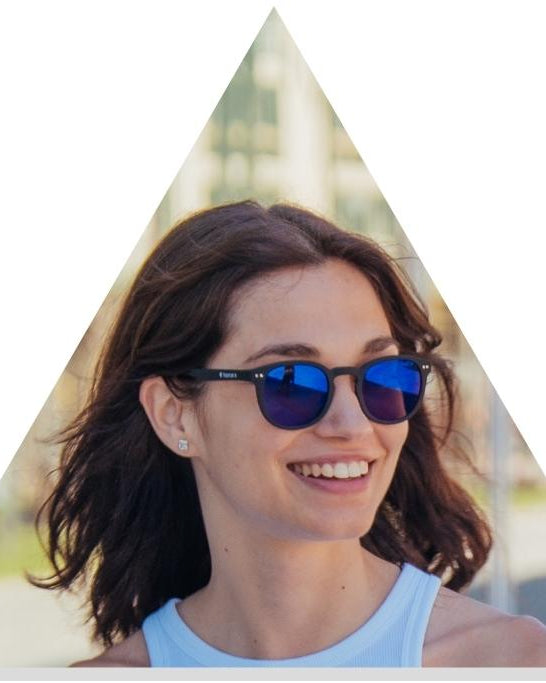


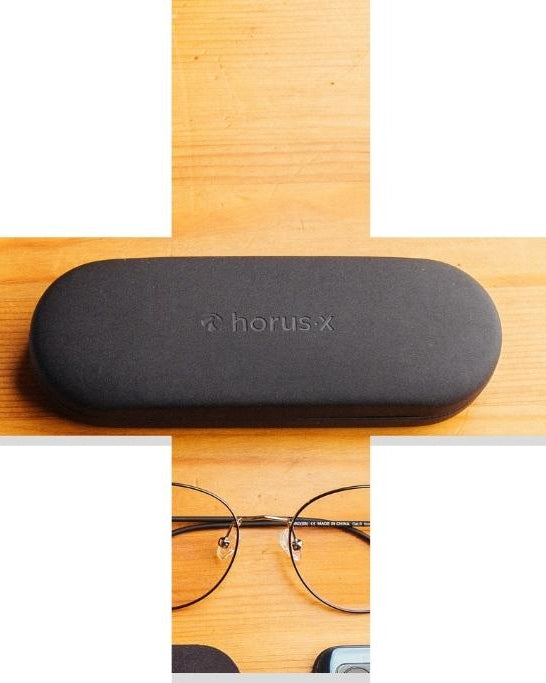



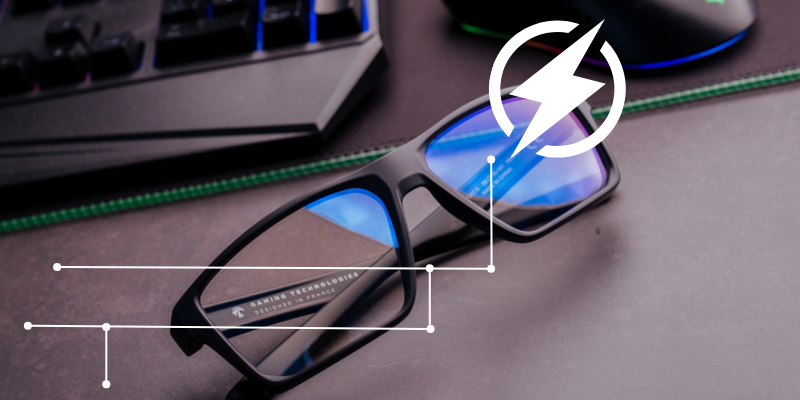

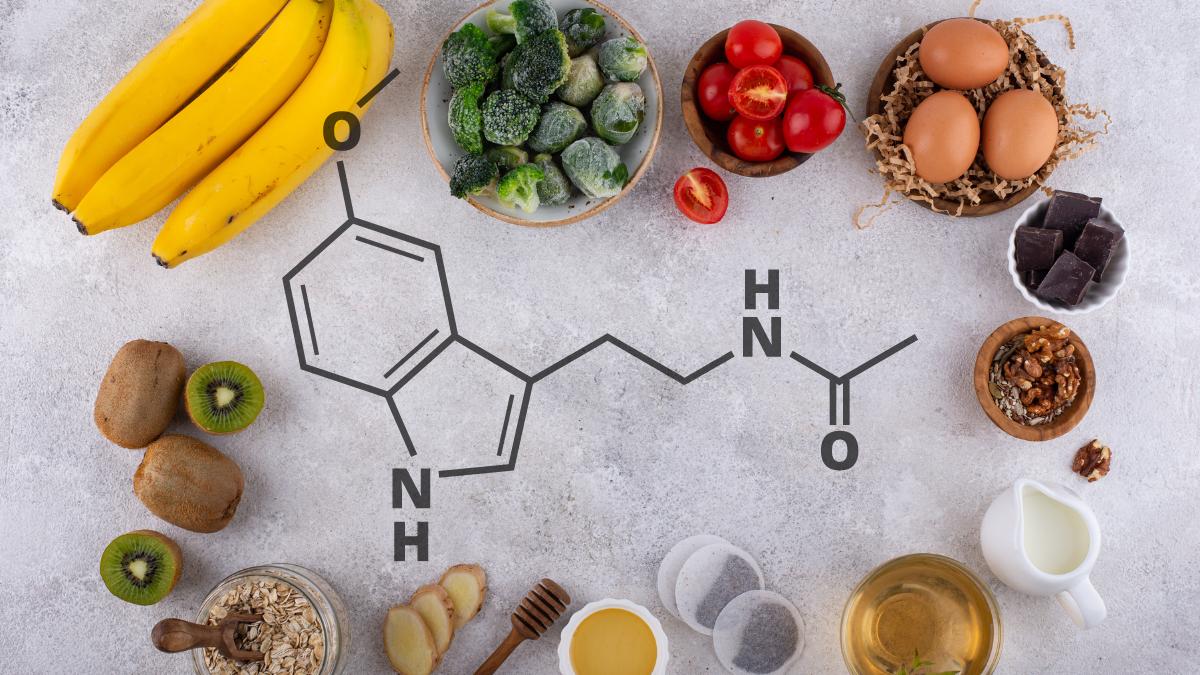

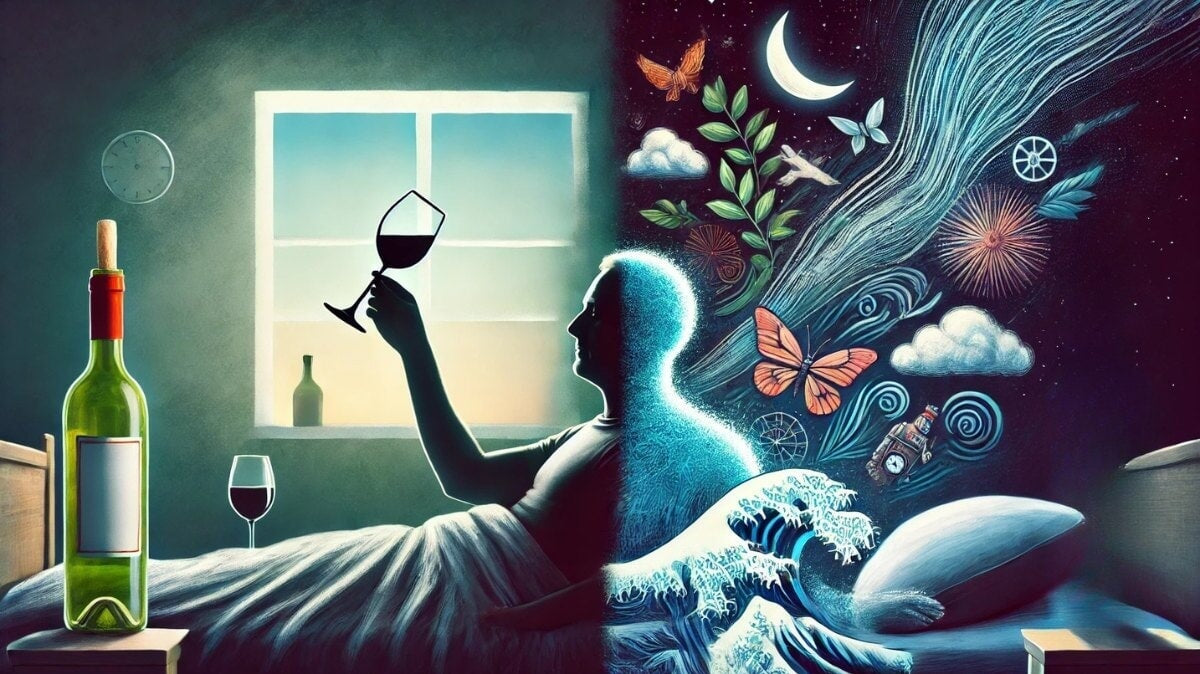
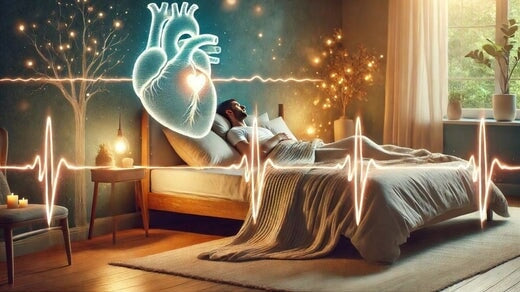
Comments
Documents bien fait et utile.
J’aurai juste besoin de savoir quel genre de professionnel est spécialisé et du coup qui allez voir?